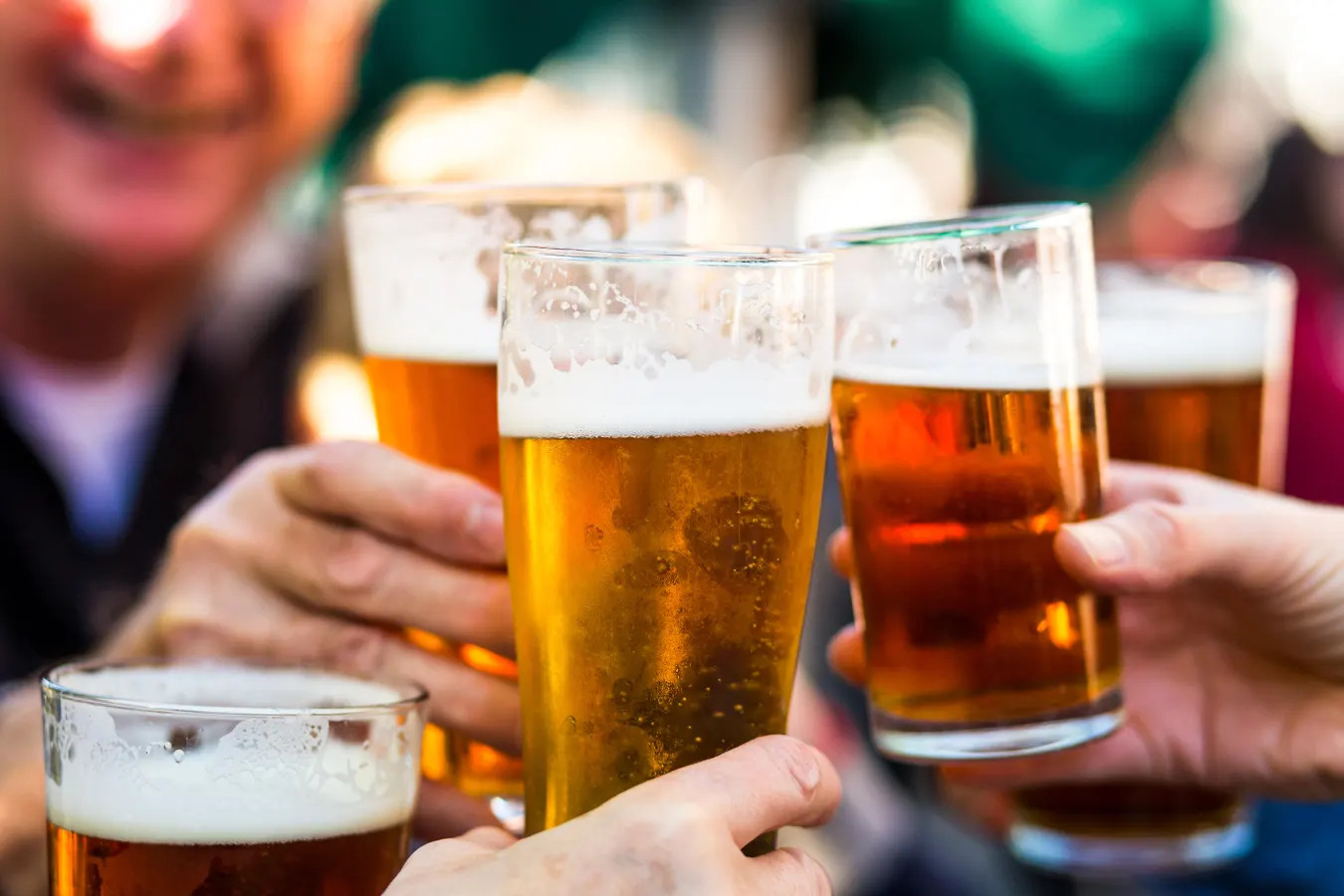
Ever wondered why April 23rd sparks joy among beer enthusiasts worldwide? German Beer Day celebrates more than just the frothy goodness; it marks a pivotal moment in brewing history. Back in 1516, the Reinheitsgebot, or the German Beer Purity Law, was enacted, setting high standards for what ingredients could be used in beer-making. Fast forward to today, and this tradition of purity and quality continues to influence brewers far and wide. So, why should you raise your glass to German Beer Day? From its rich history to the impeccable standards that define German brews, there's a world of facts that make this day worth toasting to. Let's dive into the heart of German brewing culture and discover what makes April 23rd a day to remember. Cheers to that!
Key Takeaways:
- German Beer Day celebrates the history and cultural significance of beer in Germany, honoring the Reinheitsgebot decree that limited beer ingredients to water, barley, and hops.
- Celebrate German Beer Day by sampling different German beers, visiting breweries, or cooking traditional German dishes that complement the flavors of the brews. Join beer enthusiasts worldwide in celebrating this special day!
What is German Beer Day?
Celebrated annually on April 23rd, German Beer Day honors the rich history and cultural significance of beer in Germany. This day marks the anniversary of the 1516 Reinheitsgebot, or the German Beer Purity Law, which was a decree stating that beer could only be brewed from three ingredients: water, barley, and hops. This law, one of the oldest food-quality regulations still in use today, highlights Germany's long-standing commitment to beer quality and purity.
Why April 23rd?
- April 23rd was chosen for German Beer Day because it commemorates the date in 1516 when the Reinheitsgebot was proclaimed by Duke Wilhelm IV of Bavaria. This historic decree aimed to ensure the quality of beer by limiting its ingredients, a tradition that deeply influences German brewing to this day.
The Reinheitsgebot and Its Impact
- The Reinheitsgebot not only ensured the quality of beer but also protected consumers from high prices and the use of potentially harmful additives. This law has had a profound impact on how beer is brewed in Germany, fostering a culture of excellence and purity in brewing practices.
German Beer Culture
-
Beer is more than just a beverage in Germany; it's a significant part of the country's culture and social life. With over 1,300 breweries and 5,000 different brands, Germany boasts one of the most diverse beer landscapes in the world.
-
Celebrations and festivals, like the world-famous Oktoberfest, further highlight the importance of beer in German society. These events attract millions of visitors from around the globe, eager to partake in the festive atmosphere and enjoy a wide variety of German beers.
Types of German Beer
-
Germany is renowned for its wide array of beer types, including Pilsner, Weizenbier (wheat beer), and Dunkel (dark beer). Each region has its specialties, reflecting the diversity and richness of German brewing tradition.
-
Among these, the Weizenbier is particularly notable for its unique brewing process and the distinctive banana and clove flavors derived from its yeast.
How to Celebrate German Beer Day
-
Celebrating German Beer Day can involve sampling various German beers, visiting German breweries, or attending beer tasting events. It's a day to appreciate the craftsmanship and tradition behind German brewing.
-
Cooking with beer or preparing traditional German dishes that complement the flavors of German brews is another excellent way to celebrate. Dishes like pretzels, sausages, and schnitzel pair wonderfully with a cold German beer.
German Beer Day Around the World
-
While German Beer Day originated in Germany, it has gained popularity in other countries, with beer enthusiasts worldwide celebrating the day. International events and promotions in bars and breweries help spread the joy and appreciation of German beer culture.
-
Social media plays a significant role in connecting beer lovers across the globe, allowing them to share their experiences and favorite brews on this special day.
The Future of German Beer
-
Innovation and sustainability are becoming increasingly important in the German beer industry. Many breweries are exploring new brewing techniques and ingredients while maintaining the high-quality standards set by the Reinheitsgebot.
-
Climate change poses challenges to traditional brewing ingredients like hops and barley. German brewers are at the forefront of research and adaptation efforts, ensuring that the future of German beer remains bright and sustainable.
A Toast to German Beer Day
Celebrating German Beer Day isn't just about cracking open a cold one; it's a nod to centuries of brewing excellence and cultural heritage. April 23rd marks a day when beer enthusiasts and casual sippers alike raise their glasses to honor the 1516 Reinheitsgebot, a testament to the enduring legacy of German brewing. This day serves as a reminder of the rich traditions, the meticulous craft, and the communal joy that beer brings to tables around the world. Whether you're a die-hard beer aficionado or someone who appreciates a good story, German Beer Day offers a perfect blend of history, culture, and, of course, excellent beer. So, here's to the brewers, the drinkers, and everyone in between – Prost to German Beer Day!
Frequently Asked Questions
Was this page helpful?
Our commitment to delivering trustworthy and engaging content is at the heart of what we do. Each fact on our site is contributed by real users like you, bringing a wealth of diverse insights and information. To ensure the highest standards of accuracy and reliability, our dedicated editors meticulously review each submission. This process guarantees that the facts we share are not only fascinating but also credible. Trust in our commitment to quality and authenticity as you explore and learn with us.


